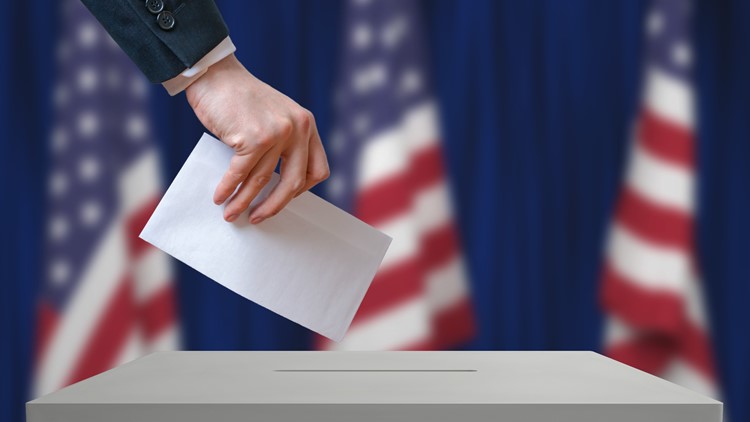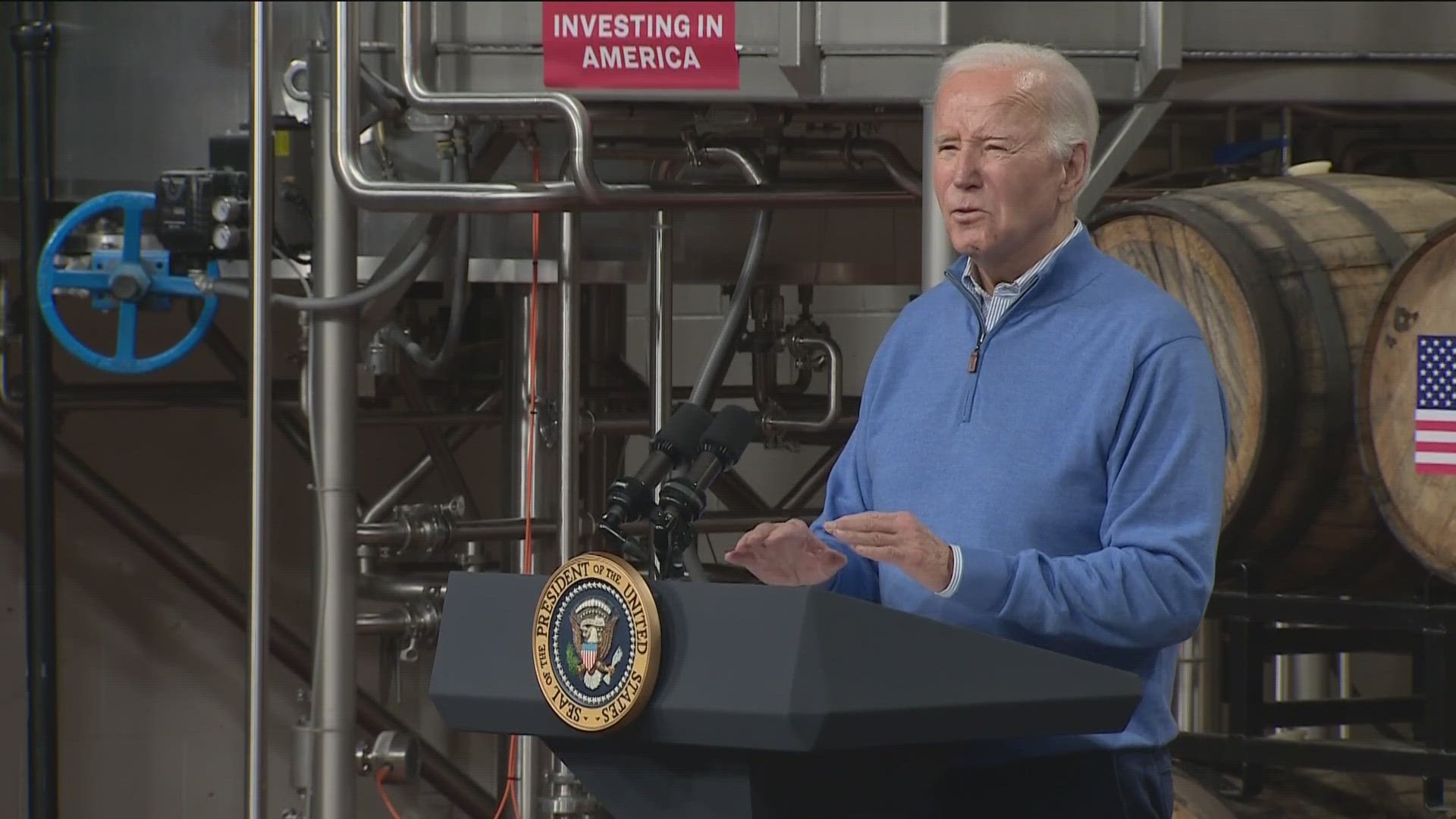SAINT PAUL, Minn. — A group of house and senate Democrats are trying to make Minnesota the third state in the nation to utilize ranked-choice voting.
This system of voting is already in place in both Maine and Alaska.
Nevada is also looking at the idea and could join that list later this year.
Five cities in Minnesota are also using ranked choice voting for their local elections, including Minneapolis, Saint Paul, Bloomington, Saint Louis Park, and Minnetonka
Senator Kelly Morrison is the chief author of a bill that would require ranked choice voting for all state and federal elections in Minnesota.
“Ranked choice voting gives voters great voice, choice, and power,” Senator Morrison says.
Jeanne Massey also supports the bill.
She is the executive director of FairVote Minnesota, a nonprofit group that has been working for several years to bring ranked choice voting to Minnesota.
“Ranked choice voting is a simple change to the ballot that allows us as voters to rank our choices on the ballot. We rank our first choice, second choice, third choice, and so on. If no candidate gets an outright majority, then we can do the runoff election right then and there. The candidate who is the least popular is eliminated, defeated, and the votes for that candidate are now counted for those voters’ second choices,” Massey explains.
Those second-choice votes would be dispersed among the remaining candidates.
Massey says if one candidate is able to secure a majority thanks to those 2nd choice votes, then the election is over, and a winner is declared.
However, if no candidate has secured a majority, then the process would keep repeating itself until one candidate has received enough votes to achieve a majority.
Authors of the bill say ranked-choice voting can prevent costly and time-consuming runoff elections.
Massey argues that ranked-choice voting can also prevent hostility and division among candidates.
“It creates a much more civil style of campaigning. If a candidate needs to court you as a 2nd choice, the last thing a candidate would want to do is tell you how bad your first choice is,” Massey explains.
“It also allows those independent and minor third-party candidates to run without the consequence of the “spoiler dynamic” setting in.”
The bill would also allow cities, counties, and school districts to use ranked-choice voting in their local elections.
“They can do so if they wish. It’s not a mandate under this bill,” Massey explains.
However, Senate Republicans argue the current election system in Minnesota has worked for generations and doesn’t need to be changed.
Senator Mark Koran is the minority leader on the Senate Education Committee.
He released this statement responding to the ranked-choice voting bill:
“Our election system has worked for generations ensuring every vote cast for a candidate is included in the final vote in a simple and fair counting of the ballots. Ranked Choice Voting removes the assurance and transparency we have come to expect from our elections. Valid ballots may cease to be counted based on who they voted for during the various cycles of counting, and that’s not fair to those voters. Recent elections by RCV in Minnesota haven’t really changed candidate quality or reduced negative campaigning like the advocates say it would. Lastly, RCV is more likely to provide a winner who earned less than a majority of votes, and everybody’s third choice may not be the best choice.”
Authors of the bill are also asking the legislature for $1.4 million to help cities and counties train staff and upgrade their technology to make ranked-choice voting possible.
Massey says some of that money will also be used to fund awareness campaigns to help voters understand how ranked choice voting works.
“We’re also asking for time so the clerks and secretary of state’s office can make these changes happen. That’s why these changes won’t go into effect until 2026.”
Watch more local news:
Watch the latest local news from the Twin Cities in our YouTube playlist:



